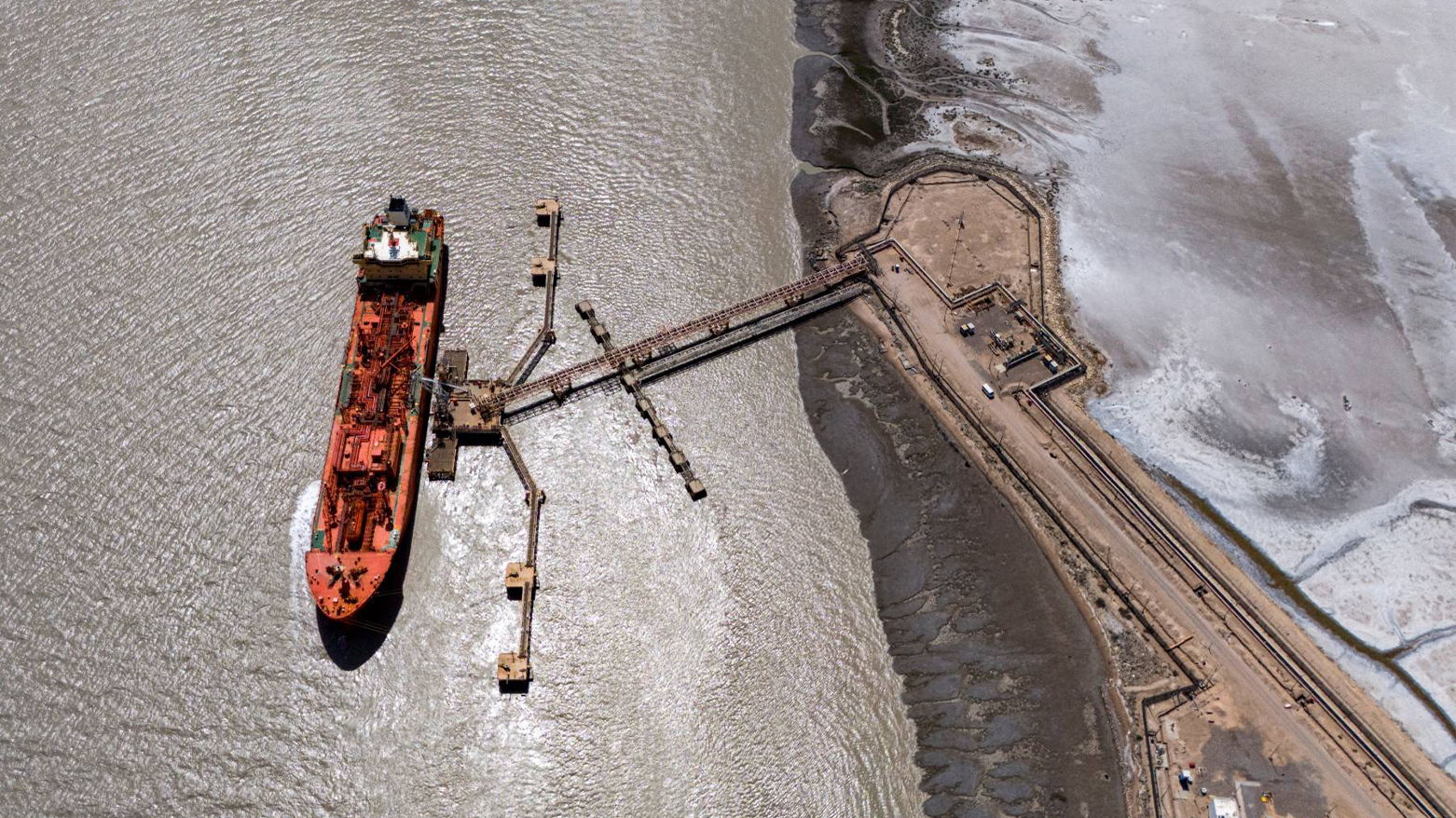Iraq Seeks Alternatives to Iranian Gas Amid Rising U.S. Pressure
Hamza Abdul-Baqi, director general of Iraq’s South Gas Company, confirmed to Reuters that the government has directed the Ministry of Oil to explore new suppliers.

ERBIL (Kurdistan24) – Iraq has launched an urgent search for alternative gas suppliers, turning to Qatar and the Sultanate of Oman, as it faces the imminent threat of an Iranian gas cut-off. This strategic shift comes in response to a decision by the United States to terminate a key waiver that allowed Baghdad to continue purchasing Iranian gas for electricity production, escalating pressure on the Iraqi government to diversify its energy sources.
Hamza Abdul-Baqi, director general of Iraq’s South Gas Company, confirmed to Reuters that the government has directed the Ministry of Oil to explore new suppliers. "This measure was taken due to the potential cut-off of Iranian gas. The government has tasked the Ministry of Oil with finding alternatives," Abdul-Baqi stated.
Iraq has been a major buyer of Iranian gas, importing approximately 50 million cubic meters daily under previous agreements. The sudden loss of this supply would significantly impact Iraq’s energy sector, which relies heavily on imported gas for electricity generation.
The latest development follows the decision by U.S. President Donald Trump’s administration to revoke the waiver that previously allowed Iraq to continue importing Iranian gas despite sanctions. Washington has been pressuring Iraq for years to reduce its reliance on Iranian energy, citing its broader "maximum pressure" policy against Tehran.
The policy aims to economically isolate Iran by cutting off its revenue sources, including gas exports. By revoking the waiver, the U.S. has intensified its efforts to sever Iraq’s energy ties with Iran, leaving Baghdad scrambling for new options.
Qatar and Oman have emerged as potential alternatives for Iraqi gas imports. Qatar, a global leader in liquefied natural gas (LNG) exports, has long been viewed as a viable supplier, offering a more stable and politically neutral energy partner. Oman, another Gulf nation with a growing natural gas sector, is also being considered as part of Iraq’s diversification strategy. While both countries have the capacity to supply Iraq with gas, logistical and financial challenges remain, particularly in terms of infrastructure adjustments and long-term contract negotiations.
For Iraq, the stakes are high. The country has faced repeated power shortages and blackouts, particularly during the sweltering summer months when electricity demand surges. Any disruption in gas supply risks further exacerbating these issues, fueling public discontent and placing additional strain on the government. In recent years, protests over poor electricity services have erupted across Iraq, highlighting the urgency of securing a reliable energy supply.
The move to seek alternative gas suppliers is also seen as a balancing act in Iraq’s broader geopolitical strategy. While Iraq has maintained strong economic and political ties with Iran, it has also sought to strengthen its relationships with Gulf states and Western allies. By diversifying its energy sources, Baghdad may be looking to ease tensions with Washington while securing stable gas supplies for its energy sector.
Despite these efforts, challenges remain. Developing new gas import routes, establishing infrastructure for LNG shipments, and negotiating favorable terms with new suppliers will require time and significant investment. Iraq’s energy transition will not happen overnight, and in the interim, the government will have to navigate the risks associated with potential supply disruptions from Iran.
The coming months will be critical for Iraq’s energy security as it negotiates deals with new suppliers and adapts to the shifting dynamics of the regional energy market. With the U.S. maintaining pressure on Iran and Iraq striving for energy independence, Baghdad’s success in securing alternative gas sources will shape its economic stability and political landscape in the years ahead.
